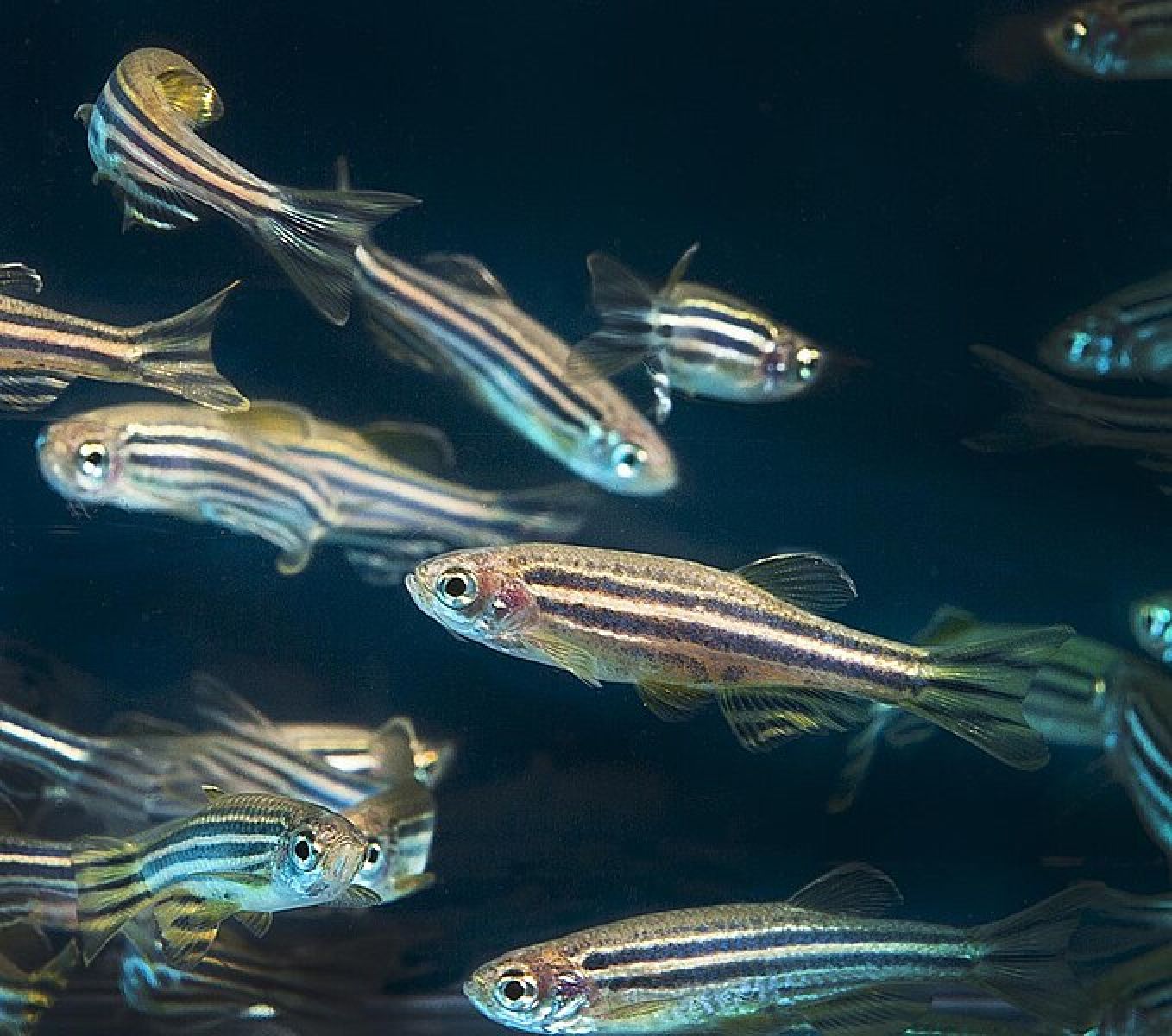Follow us on Google News (click on ☆)
Researchers from the Hebrew University of Jerusalem have examined zebrafish eggs. They highlighted the key role of thyrotropin-releasing hormone (TRH), a hormone that acts as a biological detonator. This chemical signal releases enzymes capable of dissolving the egg's outer shell, thereby enabling hatching at the precise moment.
This phenomenon is not left to chance. In zebrafish, a temporary neural circuit activates this hormone a few hours before hatching and quickly disappears thereafter. The goal? To synchronize birth with optimal environmental conditions.
Each species adjusts its biological clock according to its needs. Clownfish and halibut prefer to hatch in darkness, while zebrafish choose daylight. Others, like the California grunion, wait for the sea's surf to free themselves.
The study did not stop with zebrafish. By examining the medaka, an evolutionarily distant species, researchers identified a similar mechanism. Although separated by 200 million years, these two species share the same TRH-based hatching process.
The findings show that this mechanism has been conserved throughout evolution. This underscores nature's ingenuity in adapting a single hormone to different functions across species. In mammals, TRH regulates vital processes such as heart rate and metabolism.
However, this fragile equilibrium is under threat. Climate change could disrupt these finely tuned strategies, which have been shaped by millions of years of evolution. Understanding these mechanisms is therefore essential for preserving marine biodiversity.
The researchers plan to study additional aquatic species to explore variations of this process. This investigation could unveil new, unsuspected adaptations in the aquatic world and provide insights for protecting these ecosystems.
